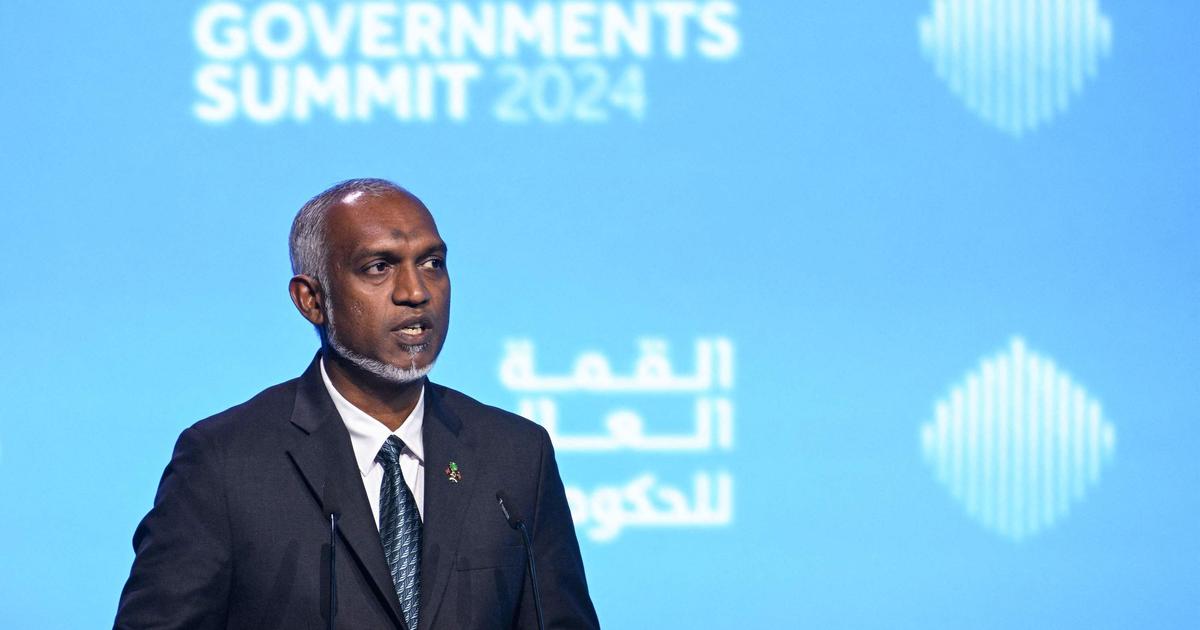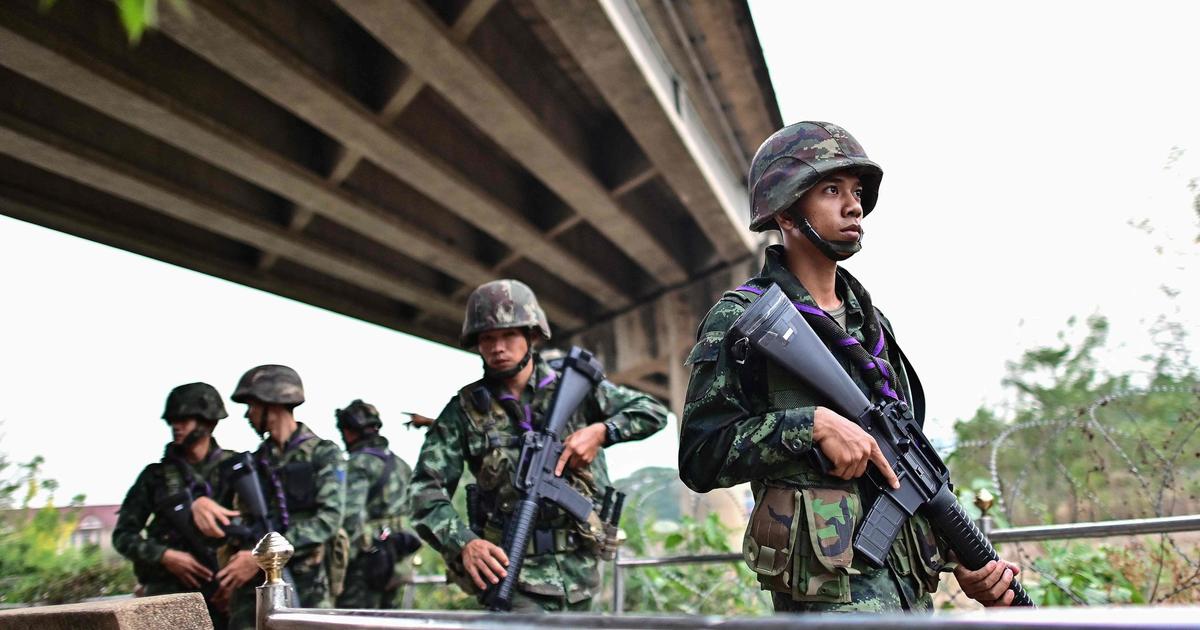- Click to share on Facebook (Opens in a new window)
- Click to share on Twitter (Opens in a new window)
- Click to share on LinkedIn (Opens in a new window)
- Click to email a friend (Opens in a new window)
China shows off military muscle amid coronavirus pandemic 3:59
(CNN) - Three Indian soldiers were killed in a "violent clash" with Chinese soldiers along the de facto border of both countries in the Himalayas late Monday, the Indian Army said in a statement.
The incident occurred during an ongoing "de-escalation process" in the Galwan Valley in the disputed Aksai Chin-Ladakh area, where large numbers of soldiers are reported to have been accumulating for weeks on both sides of the border, before that high-ranking military commanders began talks earlier this month.
According to the Indian Army statement, the loss of life on his side includes an officer and two soldiers. The statement does not say if there were any Chinese victims. He adds that senior military officials from both sides are currently meeting to calm the situation.
An Indian military banner is seen alongside a road in Ladakh in 2012. The region shares a border with China and Pakistan.
At a regular press conference on Tuesday, Chinese Foreign Ministry spokesman Zhao Lijian said on Monday, “Indian troops seriously violated our consensus and twice crossed the border for illegal activities and provoked and attacked Chinese personnel. , which led to a serious physical conflict between the two parties ”.
"China has filed a strong protest and representation with the India side, and once again we solemnly ask the India side to follow our consensus and strictly regulate its front-line troops and not cross the line and cause no problems or unilaterally make movements that can complicate things, "added Zhao. "We both agree to solve this problem through dialogue and consultation and make efforts to alleviate the situation and maintain peace and tranquility in the border area."
Disputed territory
Tensions have been mounting in the Himalayas along one of the world's longest land borders since last month, with New Delhi and Beijing accusing each other of overstepping the Current Line of Control (LAC) that separates the two. The territory has long been disputed, erupting in numerous minor conflicts and diplomatic disputes since a bloody war between the two countries in 1962.
The Current Line of Control runs between the Chinese-controlled Aksai Chin and the rest of the disputed Jammu and Kashmir region.
The approximate border line was the result of the India-China border dispute in 1962, but neither side agrees exactly where it is or how extensive it is.
Aksai Chin is administered by China as part of Xinjiang, but is also claimed by the Indian government as part of Ladakh.
The reported build-up of soldiers had left many concerned about the potential for a confrontation, particularly as both the Chinese and Indian media have issued nationalist calls for action and against backing down.
Both Chinese President Xi Jinping and Indian Prime Minister Narendra Modi have garnered much public support for nationalism and a promise of future greatness. This often results in aggressive rhetoric, particularly when used for a national audience.
Such an approach was evident in China's coverage of the PLA's maneuvers in the Himalayas. Likewise, despite Delhi's public calls to ease tensions, leading figures in the Indian government have taken an aggressive tone, with Home Affairs Minister Amit Shah saying at a rally by the ruling Bharatiya Janata Party (BJP) to Earlier this month that "any intrusion on the borders of India will be punished."
"Some said that the United States and Israel were the only countries willing and able to avenge every drop of blood on their soldiers," Shah said. "(Modi) has added India to that list."
Writing for CNN this month, retired Indian General Bikram Singh said part of the problem is that the de facto border, LAC, is so poorly defined.
"At the strategic and operational levels, both armies have shown restraint," he said. “However, on a tactical level, the confrontations occur due to the different perceptions of where the real border is, since LAC is not outlined on the ground. While the confrontations are resolved locally, those related to infrastructure construction, such as roads and defense fortifications, invariably take longer and require a combination of military and diplomatic initiatives. ”
Speaking before the most recent clash, former Indian Foreign Secretary Nirupama Rao said he hoped the current crisis would not lead to an abandonment of lengthy diplomatic negotiations on the disputed territory.
"Even if tensions rise and tempers weaken, you would do well to remember that you have to continue to handle your differences in an adult way because armed confrontations and military fighting can have extremely serious repercussions for the stability of the region that goes beyond purely bilateral relationship between the two countries, "he said.
CNN Walsh's Sugam Pokharel, Isaac Yee and Carly contributed to this report.








